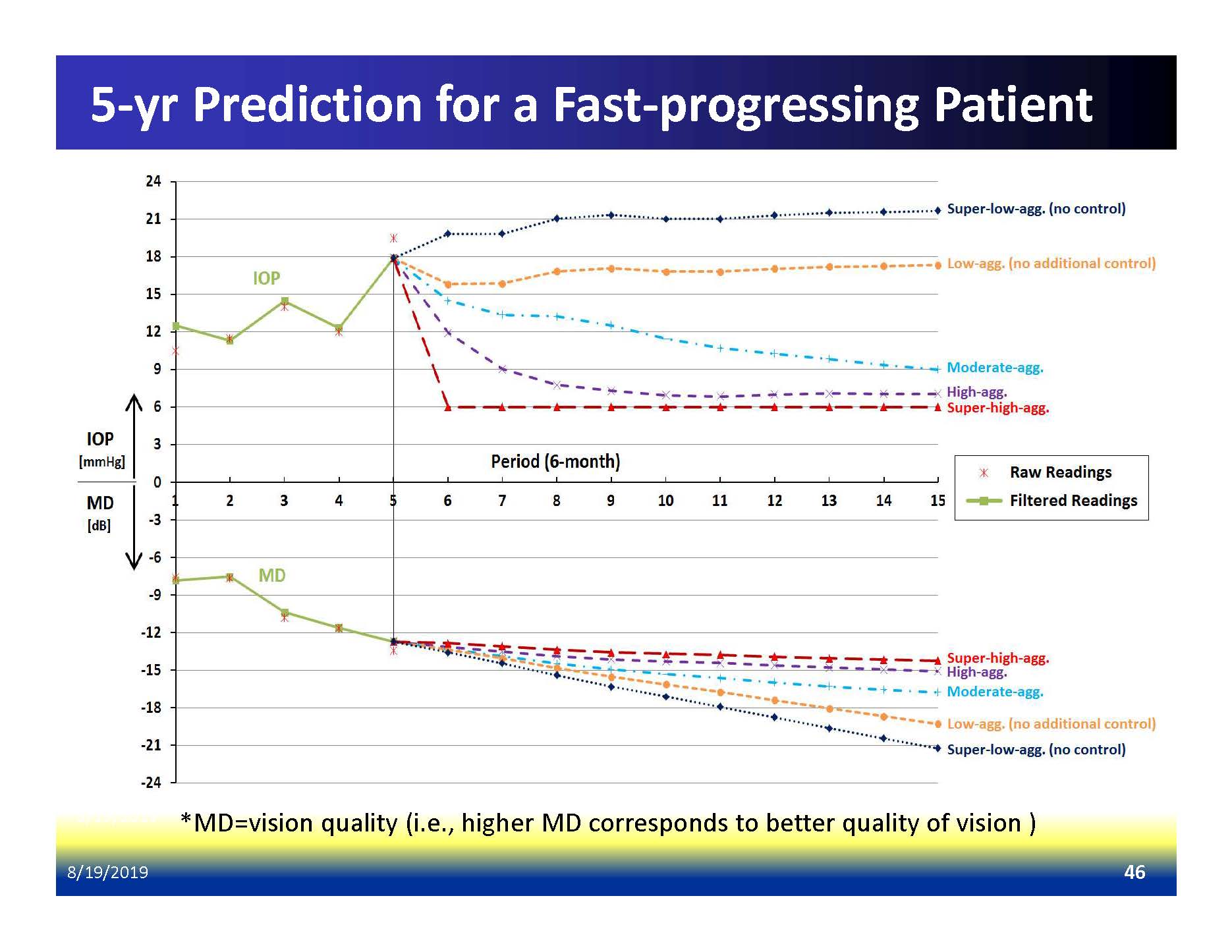Efficient, low regret contextual multi-armed bandit approaches for real time learning including Thompson sampling, UCB, and knowledge gradient descent. Integration of optimization and predictive analytics for determining the time to next measurement, which modality to use, and the optimal control of risk factors to manage chronic disease. Integration of soft voting ensemble classifiers and multiple models Kalman filters for disease state prediction, Real-time (online) contextual multi-armed bandits integrated with optimization of hospital bed type dynamic control decisions for reducing 30-day readmission rates in hospitals. Robustness in system optimization when the system model is uncertain with emphasis on quantile regression forests, sample average approximation, robust optimization and distributionally robust optimization. Health care delivery systems models with prediction and control for inpatient and outpatient. Work has been done on Emergency Department redesign for improved patient flow; Capacity management and planning and scheduling for outpatient care, including integrated services networks; admission control with machine learning to ICUs, stepdown, and regular care units Surgical planning and scheduling for access delay control; Planning and scheduling for Clinical Research Units.
9.9.2020 MIDAS Faculty Research Pitch Video.

